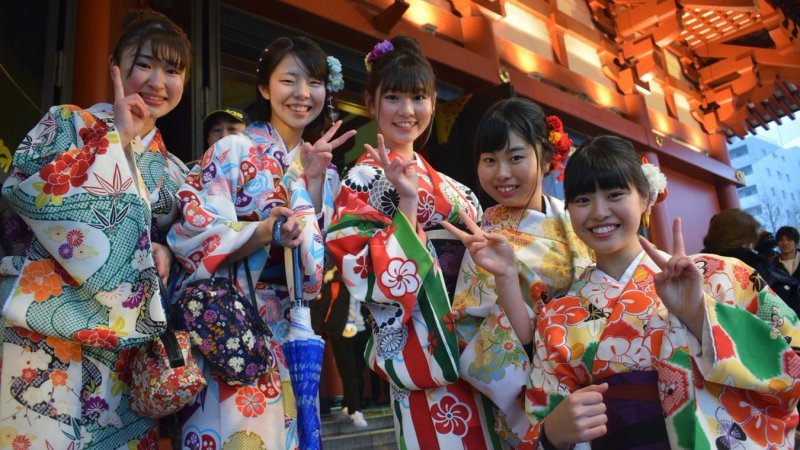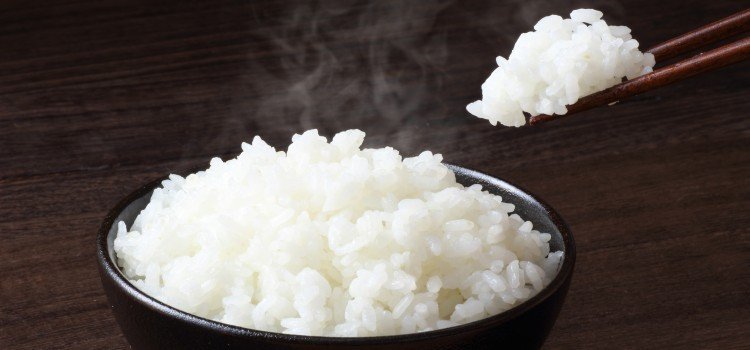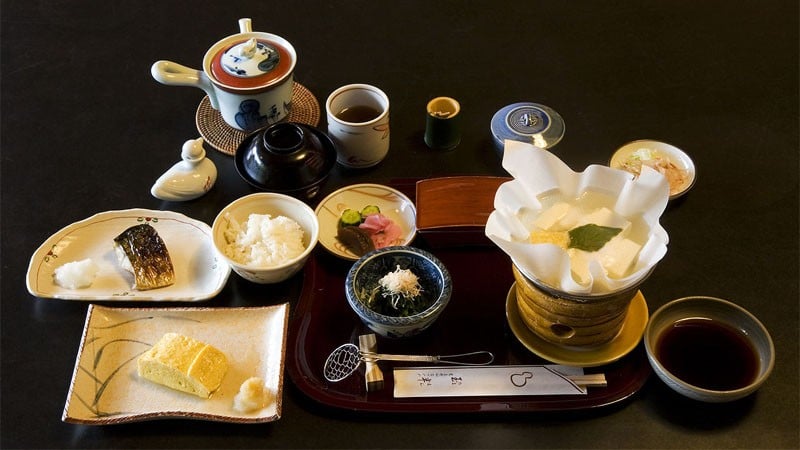The number of obese people in Japan is very low compared to other countries, especially when compared to the United States of America, where more than 40% of the adult population is considered obese. There are many hypotheses that try to explain the phenomenon of weight loss Japanese. From genetic factors to social motivations, all are possibilities that can be suggested as the primary reason for such a result.
In this article, we will learn about the main theories and hypotheses about the causes of Japanese thinness. This article does not seek to prescribe miracle diets, offer treatments, much less encourage prejudice against overweight individuals. The purpose of this text is only to elucidate and unveil the various theses on the subject, never taking sides or establishing an absolute truth. Our analysis will only be guided by information about the japan food culture and the social, economic, psychological and historical variables that surround the subject.

Hypothesis 1 - Physical exercises and walks

One of the most common hypotheses for the fitness of Japanese people is the fact that many of them walk to their respective places of work, instead of just taking the car or subway. It is common to see streets and alleys crowded with people walking hastily. This characteristic of walking can always be one of the factors that lead to weight loss in the Japanese.
Hypothesis 2 - Type of food
Another widespread hypothesis is that the choice of food to be consumed (eating habits) directly influences the weight of individuals, considering that foods considered nutritious and good for the diet, such as fish, vegetables, seeds, soy derivatives and teas, when consumed frequently, tend to improve overall health and fitness.

It is also a fact that many japanese foods don't have as much sugar the taste of them suits the natural flavor better. Unlike in Brazil where everything is too sweet, in Japan many people's taste buds are not adapted to excess sugar.
In Okinawa, for example, life expectancy is considered very high, as the island has about 68 centenarians. However, the diet there is mainly based on carbohydrates, which contradicts most diet and quality of life manuals. To learn more about this unusual curiosity, read the BBC article by clicking on the link below: Carbohydrate, the unusual secret of the island with the highest life expectancy in the world - BBC News Brasil
Hypothesis 3 - Genetics of "thinness"
A third possibility involves the genetic issue. It is known that the formation and origin of humanity had several ramifications, due to the alternative conditions of climate and territory.
This hypothesis speculates that some of the Japanese DNA evolved to maintain a more active metabolism, perhaps as a result of the icy cold.

In this sense, perhaps the biological/evolutionary factor did play an important role in this.
The article is still halfway through, but we recommend also reading:
Hypothesis 4 - Social pressure

Especially among women, there is social pressure to maintain a slim standard. O bullying in general and the prejudice against fat people in Japan is unfortunately still a very common problem. In society, people who are overweight are seen as sloppy.
As it is a culture guided by the collective, the eastern people seek, for the most part, to fit within the homogeneous mass of individuals. When this does not happen, problems such as depression and suicide eventually appear.
Hypothesis 5 - Consumption of thermogenics
Coffee, teas (such as green tea), ginger and spicy foods are all considered thermogenic, that is, they increase body temperature and heart rate, eliminate liquids and thus accelerate the burning of calories.

Frequent consumers of coffee, green tea and chili peppers, Japanese are (often unconsciously) losing calories even at rest, due to ingesting these drinks and foods. Evidently, this hypothesis is controversial, considering that in Brazil and in the USA, coffee consumption, for example, is also high. Anyway, it is a possible hypothesis, but quite controversial and debatable.
Hypothesis 6 - Size of dishes and portions
Finally, there is also the thesis that because meals and snacks are made up of smaller portions, total caloric consumption decreases. Of course, this does not apply to all Japanese people, but as a result of the culture of "Mottainai", that is, to avoid waste at all costs, they put on the plate only the necessary amount and what they will actually eat. In Brazil, there is a tendency to waste a lot of food, mainly due to the neglect of food conservation (which exceeds its expiration date and ends up being discarded). In Japan, the care with the conservation and preparation of food is the result of a culture that values each grain of rice.
The size of the dishes and the number of portions of a lunch or breakfast in Japan would generally be closer to a small Brazilian snack than to lunch itself. Due to the fact that many food products are imported from abroad (mainly meat and fruits), some foods end up becoming more expensive and, with this, make it impossible for customers to buy and consume in large quantities.
Read our article on food in Japan by clicking here!
Japanese vocabulary about fitness
- やせる - Yaseru = Weight loss.
- 太る - Futoru = To get fat.
- 太い - Futoi = Fat (a).
- 細い - Hosoi = Thin (a).
- ムキムキ - Mukimuki = Muscular (a).
- 筋肉 - Kinniku = Muscles.
- 強い - Tsuyoi = Strong.
- 弱い - Yowai = Weak.
- プロテイン – Purotein = Protein (usually refers to the supplement)
- 健康的 - Kenkouteki = Healthy.
- 健康にいい - Kenkou ni ii = Good for health.
- 健康に悪い - Kenkou ni warui = What is bad for health.
- ウエスト - Uesuto = Waist (measurements).
- 身体 - Karada = Body.
What's up? Did you like the article? Then comment, like and share on social media.






